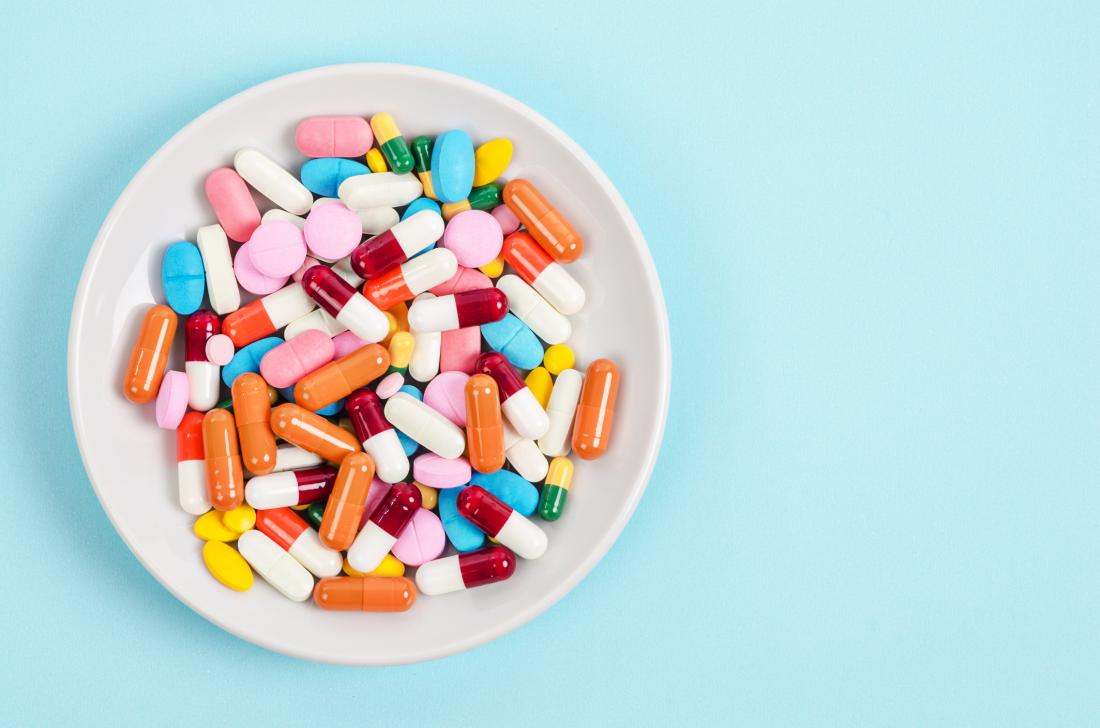'Simple modification' could help antibiotics overcome resistance

Scientists have developed a simple way of altering antibiotics that could make them much more powerful against infections caused by drug-resistant microbes.
The method made the antibiotic vancomycin much more powerful against two strains of bacteria that had become drug-resistant.
The researchers suggest that the simple chemistry involved in modifying the drug can be applied to other antibiotics and even to anticancer drugs.
A paper on the "bioconjugation technique" now features in the journal Nature Chemistry.
"Typically," says senior study author Bradley L. Pentelute, who is an associate professor of chemistry at Massachusetts Institute of Technology (MIT) in Cambridge, "a lot of steps would be needed to get vancomycin in a form that would allow you to attach it to something else, but we don't have to do anything to the drug."
He goes on to explain that they mixed the drug with an antimicrobial peptide and got a "conjugation reaction."
He and others at MIT worked on the study with colleagues from Yale University in New Haven, CT, and the biotech company Visterra, which is also based in Cambridge, MA.
